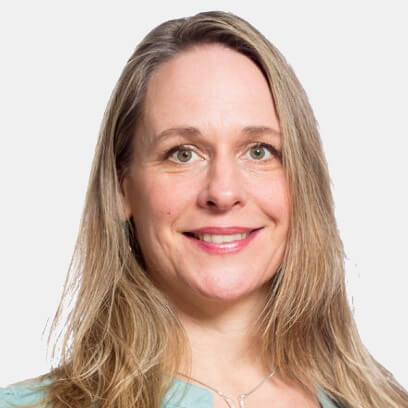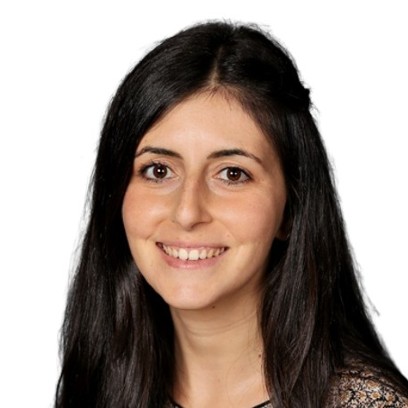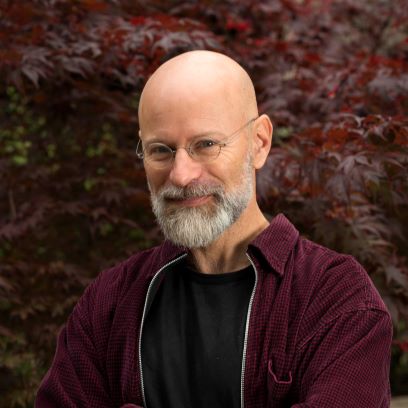Henrik Carlsen, Co-Director of Mistra Geopolitics at SEI, reflects on vulnerabilities in global supply chains and how future scenarios can support countries’ climate adaptation efforts. Carlsen was part of the steering committee at the “Scenarios Forum 2022 for Climate and Societal Futures” held in Vienna, Austria in June 2022.
Scenarios for future climate change impact
Future climate change impacts can differ depending on how society is constructed and functioning in the next decades. As such, building scenarios is important to anticipate future climate change, understand its possible impacts and how climate adaptation measures could play out in different societies.
The conference in Vienna focused on methods for scenario building and utilization for climate change research and policy and reflected on the outcomes and discussions from sessions such as “Exploring and expanding the cross-border dimensions of the Shared Socioeconomic Pathways (SSPs)”. Carlsen highlighted the relevance of studying how society can evolve in order to better understand transnational climate impacts and global supply chains risks.
Can we use future scenarios to adapt to cross-border climate change impacts and decrease vulnerabilities in global supply chains?
One of the consequences of globalization is not only that countries become more connected, but also that the production of key elements for global supply chains can be concentrated in a few places. The locations where the production of key items in global supply chains takes place are also referred to as “production hubs”. These areas can entail high risks in the context of climate change impacts.
To illustrate vulnerabilities in supply chains due to globalization and climate change, Carlsen noted how the production of the semiconductors used in electrical devices, cars and bikes is concentrated in countries such as Taiwan, South Korea and Thailand. These production hubs, as well as the networks linked to them, become vulnerable when extreme weather events occur.
The point of socioeconomic scenarios in this context is that future images of how society may evolve can help us understand the societal component of climate risks. Future climate risks are not only dependent on global climate system changes, but also on societal ones.

Food production and consumption are highly globalized
Approximately 50% of food in Sweden is imported. If countries would move toward becoming more self-sufficient, producing and consuming local food products, climate change impacts on food security may differ in future scenarios. Consequently, the same degree of warming can have different effects depending on the food systems in place and scientists are working towards modelling and understanding how such future scenarios could look like.
“We now clearly see that geopolitical considerations and perspectives are intertwined with environmental and climate change. These developments challenge conventional thinking, and therefore science and policy – and business – need to work closely together to better navigate an uncertain future.”
– Henrik Carlsen, Co-Director of Mistra Geopolitics at SEI.
A positive ending note from the conference was that panellists appeared to share the view that the most pessimistic emissions scenario driving global warming, estimated at between 4 to 6°C, may no longer be realistic due to two factors. Technological developments such as electrification, wind power and solar panels have developed faster than anticipated years ago. Similarly, the most pessimistic scenario considered no climate policy development and even though one can be critical about what countries do, small steps are being taken in the right direction.
For more information contact

Ylva Rylander

Ana Calvo

Henrik Carlsen
This text was written by Ana Calvo, Communications Assistant at SEI and Mistra Geopolitics. Edited by Ylva Rylander, Communications Officer at SEI and Mistra Geopolitics.



